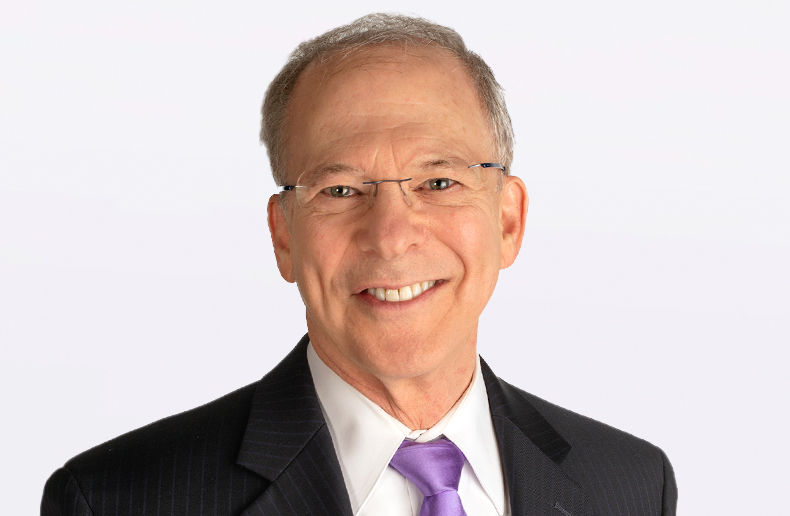Helping investors look beyond the immediate to invest in their futures
By
Mehreen Shahid
|
March 21, 2024, 10:38 a.m.

Photo: Freepik
Strategies for investment advisors.
This article is reserved to PRO Level subscribers
Discover the PRO Level
Already subscribed? Sign in >
Advertisement
The most popular in Entrepreneurship
Make your business shine with Visibility360!
Get a PDF version to share in your networks.
I'm interestedHeadlines
Advertisement
Related topics …












